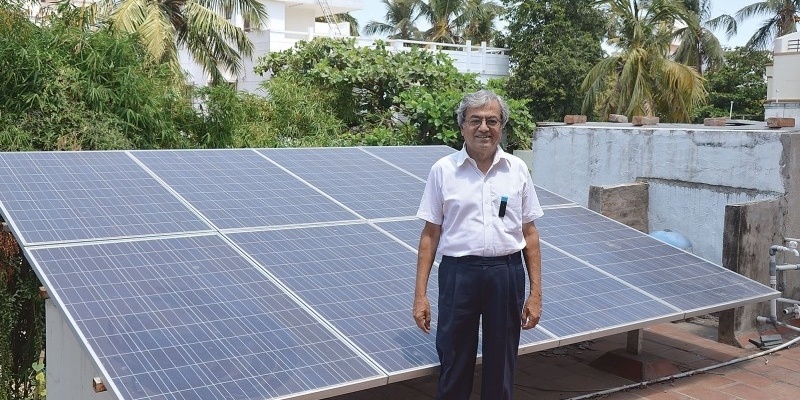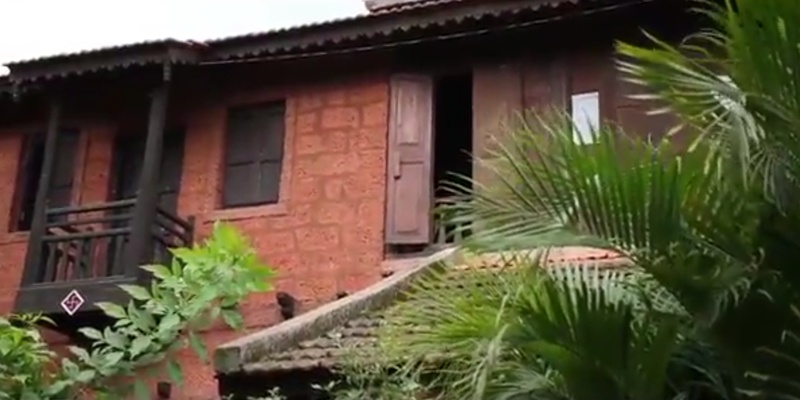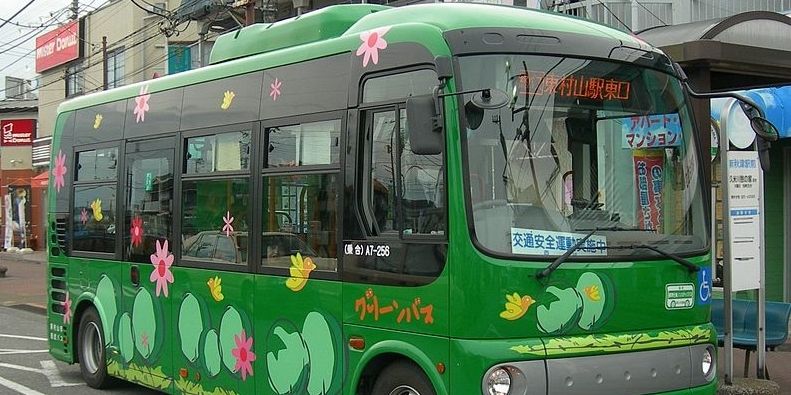Get set to travel in environment friendly buses with cheapest fare
Can you ever imagine a bus fare of only Re 1 for 17 km? Well, that is soon going to be a reality as the bio gas fueled environment friendly buses will be plying on Kolkata roads from Friday.
A Kolkata-based company, Phoenix India Research and Development Group which has been able to produce biogas from cow dung, has tied up with heavy vehicle major Ashok Leyland to manufacture the 54-seater bus at a cost of Rs 13 lakh approximately.
The company has been able to design a bus that can use bio gas produced from cow dung, that replaces petrol or diesel thus being able to bring down the emissions significantly. The first bus is slated to run on Friday between Ultadanga in the north and Garia in the south in Kolkata.
Another bonus of this new bus is the cheap fare. While the lowest fare in a Kolkata bus is Rs 6, which goes up to Rs 12 for 17 km, and that of a Delhi bus that run on CNG is Rs 5 for 4 km and upwards, this new bus will be the cheapest mode of transport for a passenger in the country as it charges just Re 1 for the 17.5 km stretch.
15 more such buses have been planned to ply on different routes in the city this year and they will all have the same fare structure.
Biogas is a clean source of fuel produced from animal and plant waste and principally consists of methane. It is a non-toxic colourless flammable gas that can be used as fuel for vehicles, cooking and generating electricity. At present, the bio gas for the bus is produced from cow dung in a plant in Birbhum district and with the help of tankers, the fuel is transported to Kolkata.
The credit of this innovation goes to Mr. Jyoti Prakash Das who is also the Chairman and Managing Director of Phoenix India Research and Development group. For the past eight years, Das who has a PhD in Botany has been working on bio gas.
According to Das, the biogas they produce costs Rs 20 a kg and the bus can run 5 km per kg. As the the tank of the bus can hold 80 kg gas, the vehicle can cover 1,600 km on a full tank. This helps in bringing down the fare considerably.
As far as salary of drivers and conductors are concerned, they will be remunerated from the money collected by putting up advertisements on the body of the bus. Permission has been granted to set up 100 fuel pumps. The first pump will come up at Ultadanga.
Another advantage of this fuel is that it will help to increase the commercial life of the vehicle unlike the other vehicles which are banned after 15 years. The bio gas buses are so efficient that it can run on the roads forever. Even if the owners of the old banned buses switch to bio gas engines from petrol engines, then those vehicles can continue to ply on the roads.
Thus these revolutionary buses will go a long way in reducing pollution and with the cheapest fare, it will be the most sought after means of transport.



